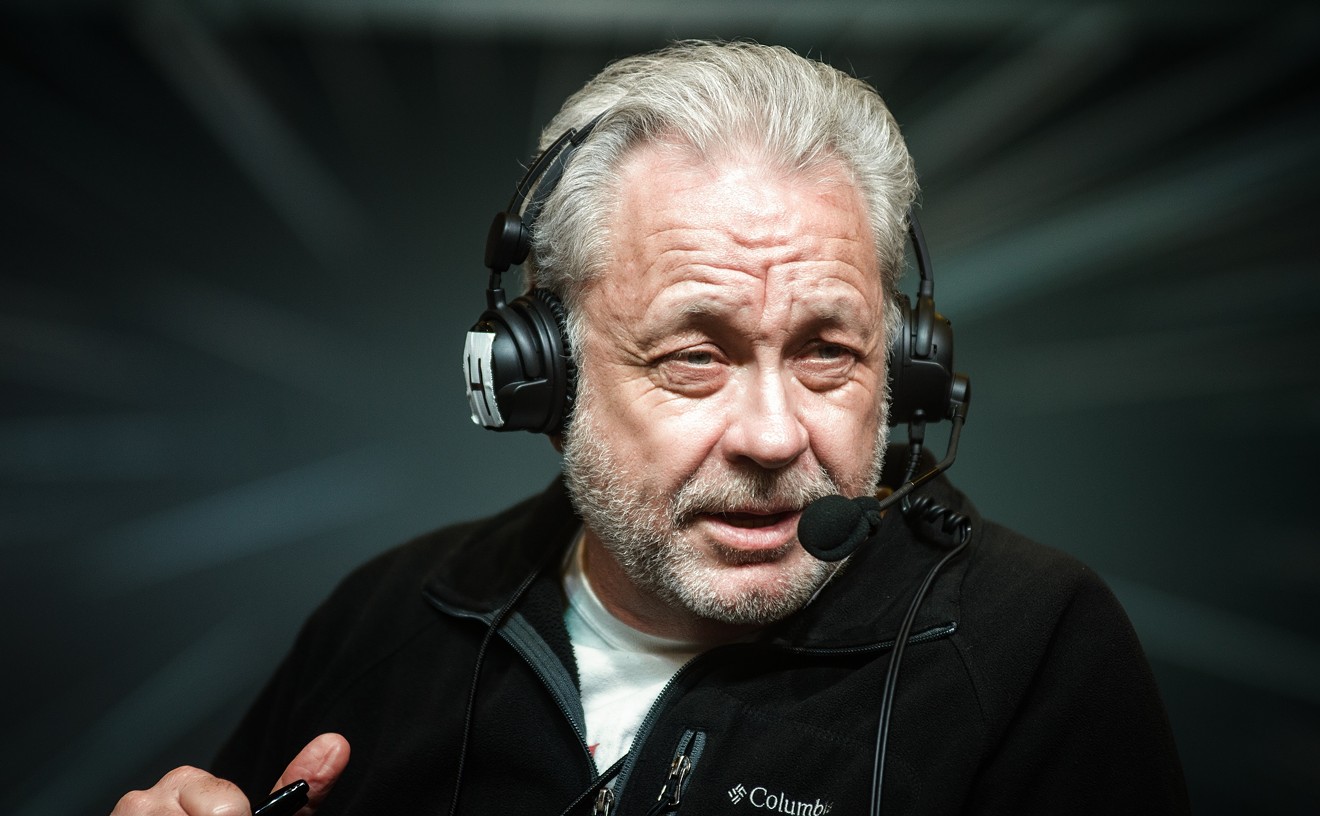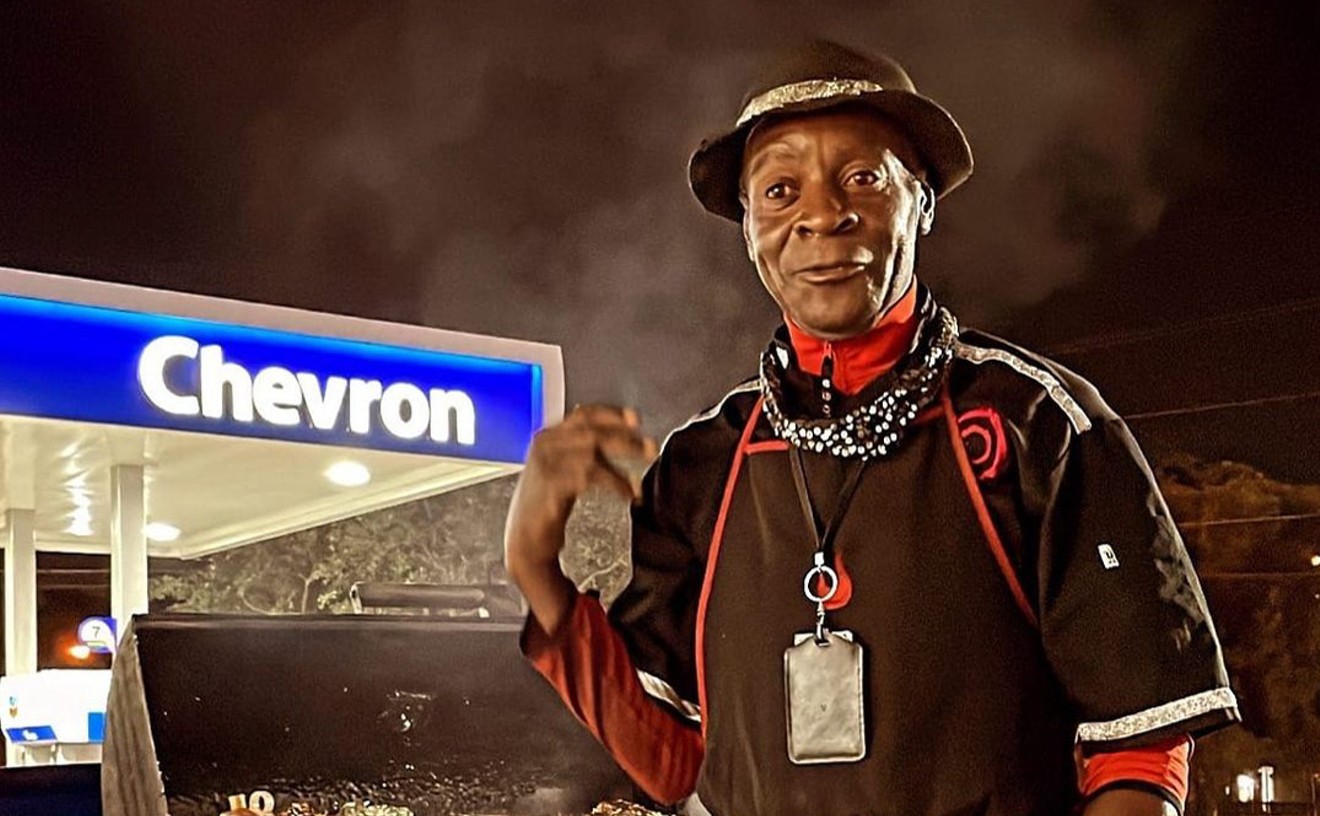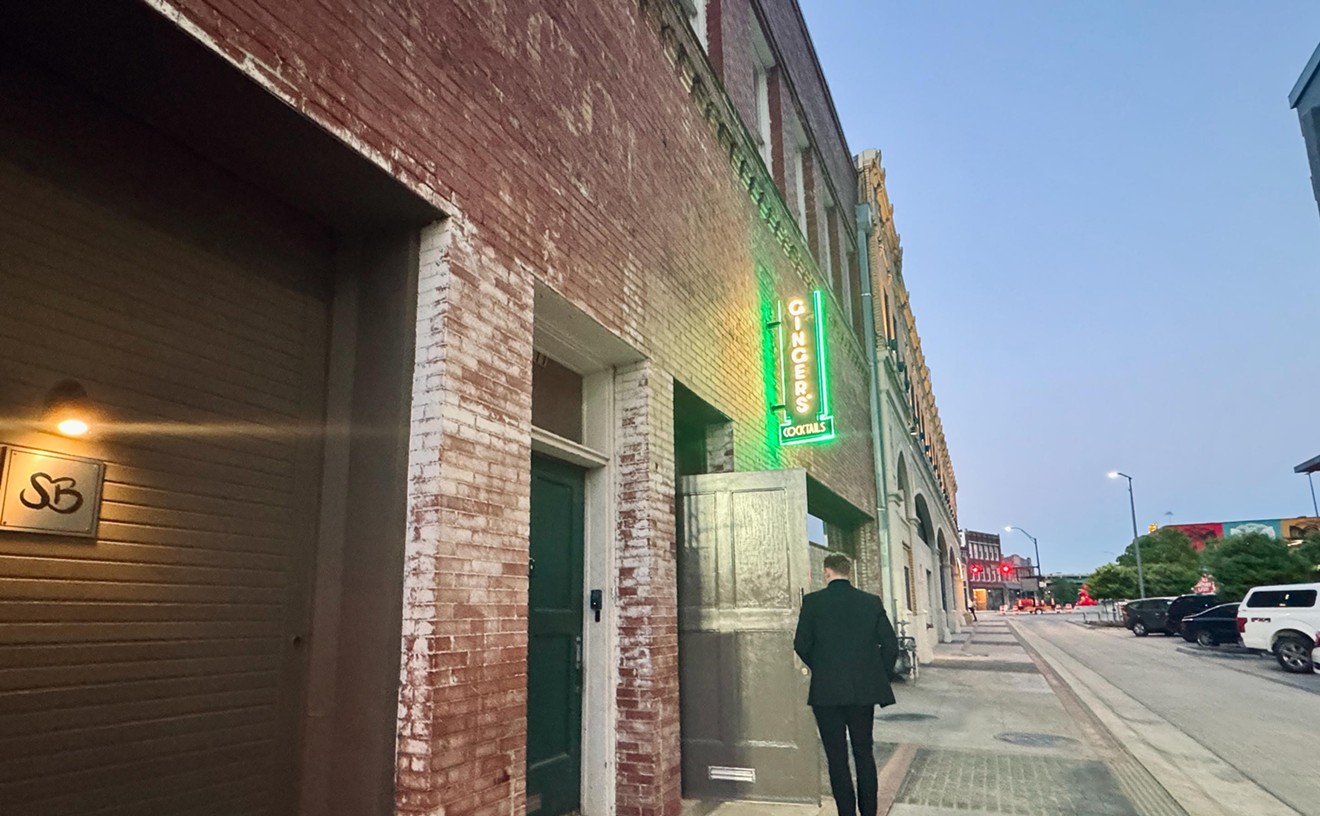Reteaming director Michael Haneke with international star Isabelle Huppert (The Piano Teacher), this descent into a mad, post-apocalyptic world employs a basic Twilight Zone premise to explore humanity under pressure. After the grimness of this enterprise is suggested by bleak opening titles over either complete silence or a soft low-frequency hum--it's hard to tell which, but this is probably the most discomfortingly quiet movie of the year--we join the Laurent family on what appears to be a woodsy vacation. Husband Georges (Daniel Duval) and wife Anne (Huppert) pull up in their Peugeot minivan and usher their kids Eva (Anaïs Demoustier) and Ben (Lucas Biscombe) into their pretty chalet. But there's a major problem: A family of total strangers is already ensconced there, and they're not happy to see the Laurents.
In short order, Anne and her kids are on the lam, their supplies and vehicle stolen, their hope as limited as the remaining butane in her lighter. Although we never learn what disaster has occurred, it's clearly world-altering and very, very bad. Formerly friendly country neighbors now offer no welcome, donating only a few scraps to Anne because she had been "correct" to them in the past. In the dark, creepy night, there's a pile of dead horses burning on a makeshift pyre. (Important aside to sensitive horse-lovers: A far nastier scene later on, on par with the bull in Apocalypse Now, makes Equus feel like Mr. Ed; no Humane Society endorsement here.) Even little Ben's pet bird bites it. Bad times.
The project inches along at an exceedingly languid pace, sometimes holding for long stretches on dark or misty tableaux in near or total silence as if to drive the average TV viewer into a panic of sensory withdrawal. But Haneke, who also scripted, knows his material and elegantly focuses his intentions. He imposes upon us this terrible emptiness until we're as delirious--and frightened--as Anne and her family. Whatever it was that ruined the world, there's no apparent solution, and now everybody's too concerned with survival to discuss it. The film constantly toes the line between sobering reality-check and c'mon already loitering, but the philosophical benefit of buying the scenario is fairly substantial, even more than with the somewhat similar The Quiet Earth from 1985.
What follows is an exploration of familial love and sacrifice, attended by the dread of being cast among dubious strangers. Half in shock, Anne and her kids pick up a crafty but weathered young runaway (Hakim Taleb), and soon they find their way into a makeshift collective of survivors, camped at a disused railway station. There's a bombastic, self-appointed leader named Koslowski (Olivier Gourmet), as well as plenty of very disturbed men, women and children. Luckily for pubescent Eva, in the midst of this hell there's a poetic-looking dude willing to share the music on his precious cassette player, but that's about as good as it gets. Hard lessons in advanced sociology await.
Born in Germany during World War II, director Haneke approaches this material in a manner fully distinct from "the Hollywood treatment." Had his script encountered studio bigwigs, it probably would have turned into a post-apocalyptic vendetta picture--Mad Anne--or, more likely, the focus would have fallen on the explanation of, and solution to, the unnamed cataclysm. Instead, while it's sometimes tedious viewing, the film proves the perfect complement to this year's hyper-explained The Day After Tomorrow; it's utterly free of cheap melodrama and visual razzle-dazzle, concentrating instead on the souls of plausibly human sufferers. Perhaps a perfect apocalypse movie could emerge from Haneke and Roland Emmerich co-directing (although lately it's hard for anyone to beat 28 Days Later).
There are other parallels apart from the world's end, particularly concerning the losses and bonds of fathers and sons; while Anne calls little Ben her "treasure," it's amply evident that the boy desperately needs a male mentor to help him discover his identity through these crises. This is the film's strongest thread.
There are also some dodgy aspects, ranging from the pretty countryside belying the sense of doom, to feeling at times like the confusion and misery are being foisted upon us a bit disingenuously. Nonetheless, many compassionate observations cover the lapses. To name just one, we linger a moment on an elderly couple sleeping in the overcrowded shelter, their snowy, dreaming heads preparing for another day of struggle, together, against hopeless odds. It's not a stretch to realize that someday, we may become them. If we're lucky.










